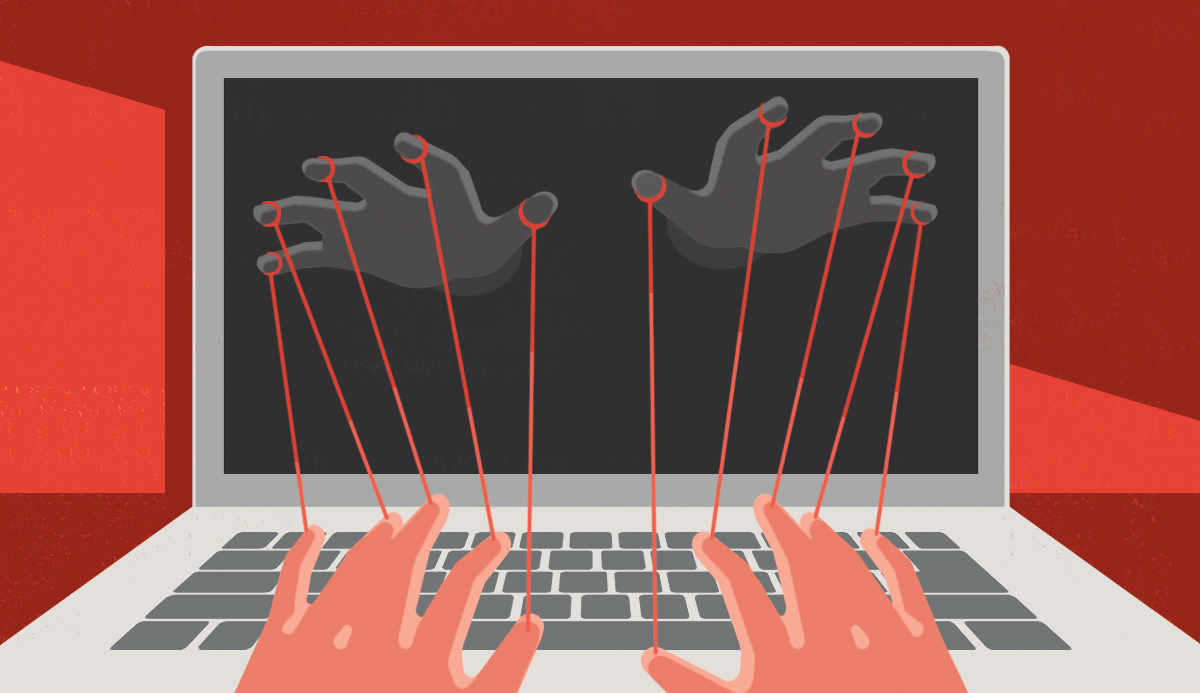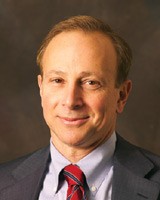
- Select a language for the TTS:
- UK English Female
- UK English Male
- US English Female
- US English Male
- Australian Female
- Australian Male
- Language selected: (auto detect) - EN
Play all audios:
HOW CAN I CREATIVELY USE MY EMERGENCY FUND? Sometimes, the way folks use their emergency funds can be quite savvy. For example, Brenna Baucum, a certified financial planner in Salem,
Oregon, has a client who recently returned home from a month-long vacation only to discover their aging refrigerator had sprung a leak. The good news: most of the damaged flooring,
countertops and cupboards were covered. The bad news: they had to vacate the home and find a place to stay for several weeks while the kitchen repair work was done. So they made lemonade out
of lemons. “Their emergency fund was the perfect pool to draw from to secure two weeks at a condo on the coast,” she says. So, yes, they used the money to go on another “vacation” — but it
was the very same money that they would have had to spend to find a place to stay anyway while their home was under repair. WHEN NOT TO USE AN EMERGENCY FUND First and foremost, never on
wants, says Adams, the financial planner in Southfield, Michigan. “It shouldn’t be for wanting to buy a new outfit,” she says. Nor should it be for a trip to Walt Disney World, says Mark
Hamrick, senior economic analyst at Bankrate. While most financial experts tend to discourage using emergency funds on travel, there can be exceptions. For example, Adam, the financial
planner in Boca Raton, Florida, has one elderly client who tapped their emergency fund to pay for a big family trip to Italy because that’s where the available cash — which has since been
replaced — was sitting. HOW BIG SHOULD YOUR EMERGENCY FUND BE? The appropriate size of an emergency fund depends on three elements: your monthly fixed expenses, monthly fixed income and your
risk tolerance, says Baucum. The broad rule of thumb is to save three to six months of expenses, she says, but she has some clients who are more comfortable keeping 12 to 24 months in cash.
“We talk about these three factors and determine the most appropriate savings and investing,” she says. Adams estimates that most older folks who have emergency funds keep about $5,000 in
them. Some of her elderly clients keep about $10,000 in their emergency funds, and a few keep up to $100,000. It’s probably better to have too big an emergency fund than too small, says
Hamrick. “I never met a person who told me they saved too much money,” he says. “Most people have a pretty good idea when they have more work to do with their emergency savings.” DO RETIRED
FOLKS FACE DIFFERENT EMERGENCY FUND NEEDS THAN THOSE WHO STILL WORK? For older working people who don’t yet collect money from Social Security or from a pension, an emergency fund provides a
critical cushion if they lose income, says Adam. Retired people typically have monthly income sources such as Social Security, so tapping the emergency fund isn’t so much about a sudden
shortfall in income, but is due to an unexpected expense, she says.







